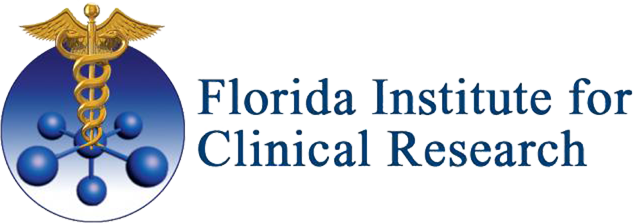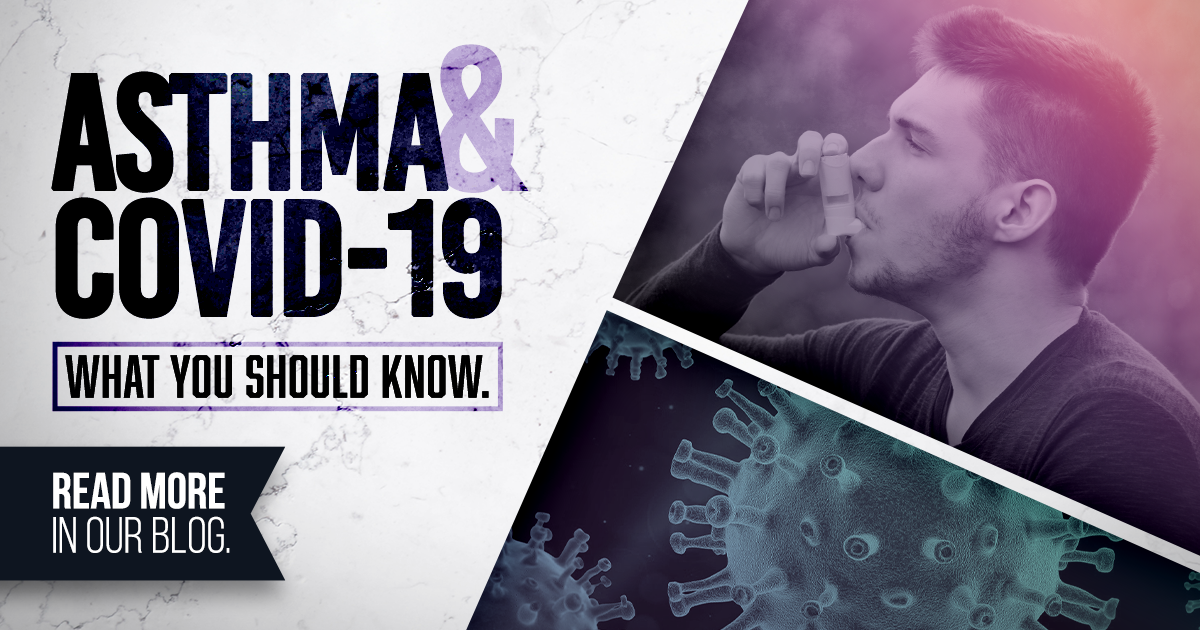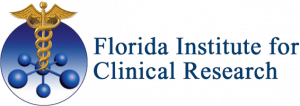May is a peak time for those that suffer from asthma and allergies. With more than 60 million Americans suffering from asthma and allergies, May has been designated as Asthma and Allergy Awareness Month. Keeping these conditions in check is essential in everyday circumstances, but in the thick of COVID-19, the significance is critical.
Asthma and Allergy Awareness Month

Since being declared in 1984, the Asthma and Allergy Foundation of America (AAFA) has used this peak time in May to educate co-workers, friends, family, and the community about these conditions. This time is also used to help those suffering from asthma and allergies learn how to better manage these conditions to prevent life-threatening medical emergencies.
AAFA’s 2020 message is to “Make a pact to ACT for asthma and allergies, and it reads:
- “A” means have an action plan for asthma or anaphylaxis.
- “C” reminds you to carry your emergency medicines and a copy of your action plan everywhere. Please don’t leave them in a car or separate building.
- “T” calls for having a treatment plan that includes when to take your medicines and what to do in an emergency.
COVID-19 Effect on Asthma Patients

COVID-19 strikes fear in even the bravest of individuals, but it can be incredibly terrifying for those with asthma. The CDC states those with asthma are not at a higher risk of contracting COVID19, but if they do get it, they can become very sick. The virus affects the respiratory system and can cause an asthma attack, and possibly lead to pneumonia and acute respiratory disease.
Most medical sources indicate that following your regular asthma action plan or doctor’s treatment plan will help keep your asthma managed. Also, adhering to social distancing measures and properly following handwashing guidelines are important to ensuring your lungs are in the best shape when something exacerbates asthma symptoms.
Clinical research studies are helping to develop potential new therapies and vaccines for COVID-19 and other medical conditions. To learn more about upcoming and currently enrolling studies at Florida Institute for Clinical Research, call (407) 658-0966, or visit us here.
References:
https://www.aafa.org/act-asthma-allergies.aspx
https://www.aafa.org/asthma-and-allergy-awareness-month/
https://www.aaaai.org/conditions-and-treatments/library/asthma-library/covid-asthma
Coronavirus | COVID-19 Information



